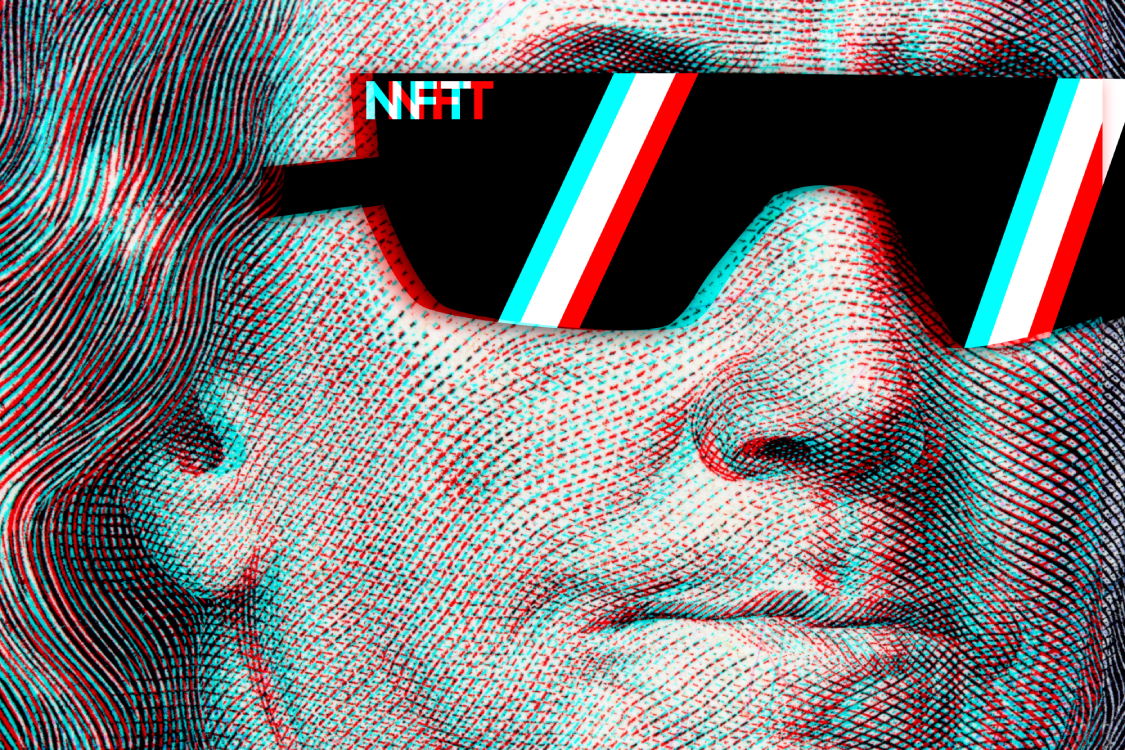

Recently, the abbreviation NFT has been appearing on the news more and more often, and usually, people are ready to pay hundreds of thousands of dollars for these crypto tokens. NFT is not a simple token, but rather non-fungible. This means that each NFT coin is unique: it cannot be replaced with another coin of the same value. However, lawyers list risks for NFT projects due to updated FATF recommendations. They explain that the biggest risks in the criminal law sphere when structuring transactions with NFT are associated with the requirements of the anti-money laundering and anti-terrorism legislation. NFTs like any other assets are subject to legal implications concerning ownership, copyright, fraudulent trading, cyber security, and contractual liabilities. As an emerging technology, few lawyers are currently well-versed in the technicalities of NFT technology. The non-fungibility of NFTs likely won’t preclude them from being securities. If that is proven true, it will bring along with it a raft of securities legislation. 2021 seems to become a landmark year for the popularity of and trading activity in NFTs. The NFT market is set to expand even greater, with talks of using NFT to preserve delicate art pieces be a trailblazer in combatting luxury good counterfeits. For more information, please read the article. https://www.lexology.com/library/detail.aspx?g=47d2d377-6233-41ba-b2fe-23814cd3a456


